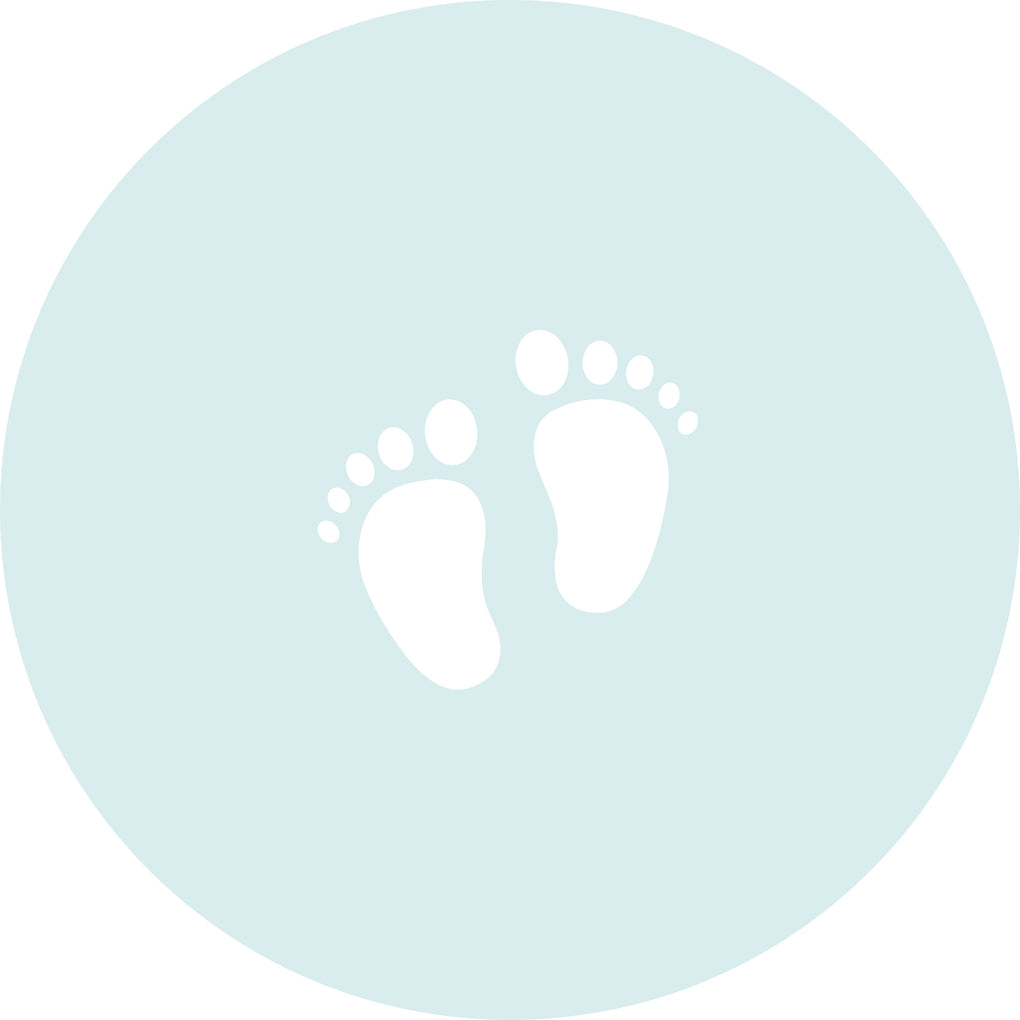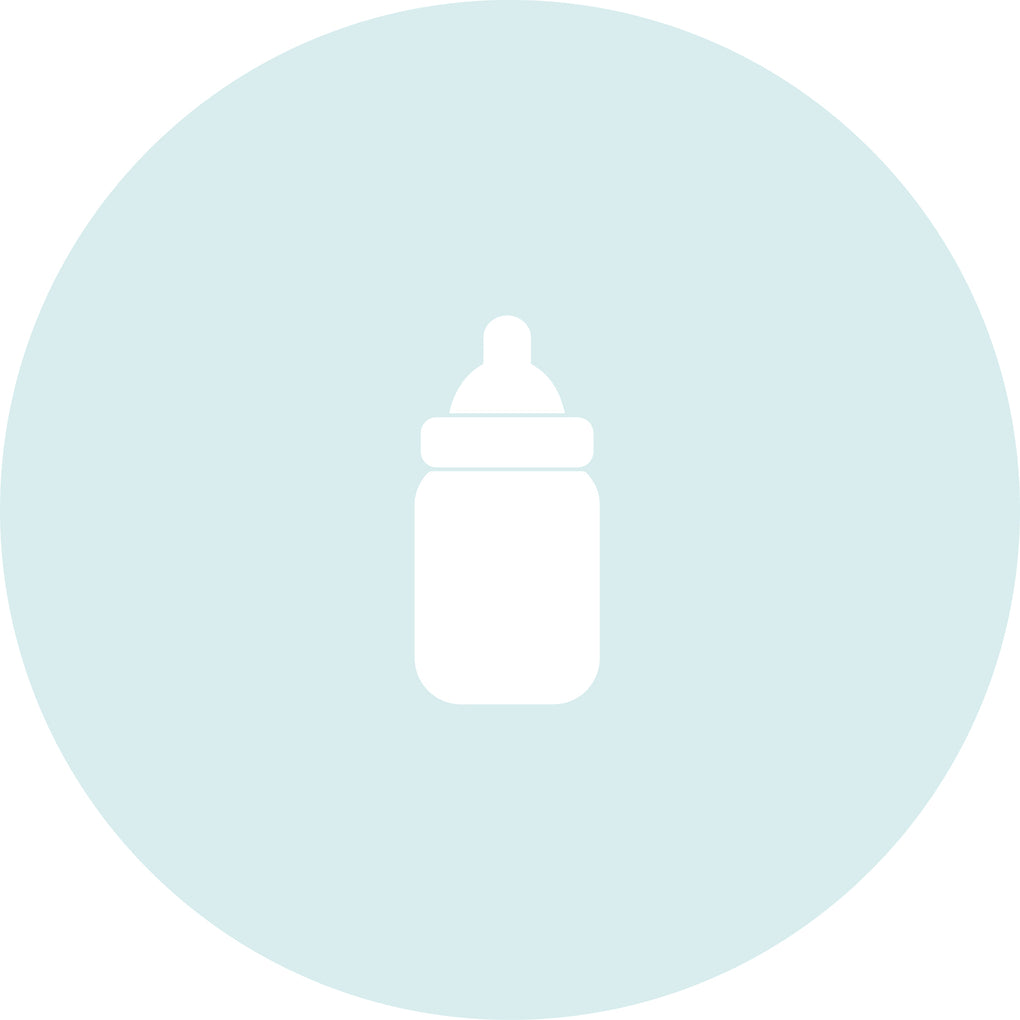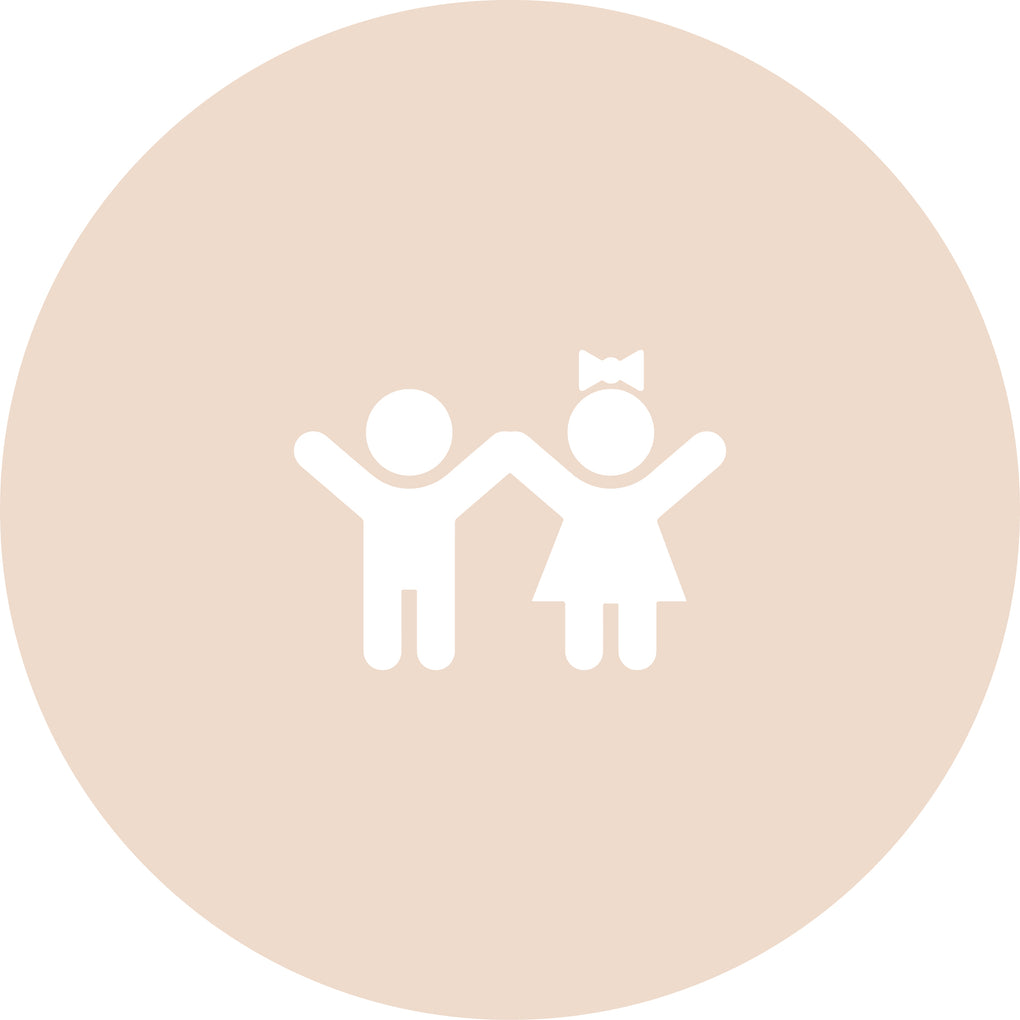Birth is a beautiful (and scary) thing. There is nothing on earth that compares to the feeling of holding your newborn in your arms after labour. But it's important to remember what your partner has been through and take care of each other too.
In this blog, baby expert and founder of Anita's List, Anita Worlidge, gives her top tips for mums on how to look after your postpartum body, the key products you'll need in your fourth trimester, and how to best look after your partner during this exciting and exhausting time.
What are your top kit recommendations for Mums post birth?
Nothing feels very glamorous post birth – from your hospital knickers, large sanitary pads, breast pads, leaky boobs, sore boobs to emotions running high and tears of joy and sometimes unexpected sadness – so I think it’s super important to have all of the practical stuff at the ready before your baby arrives and on this priority list I would recommend the following:
- Hospital knickers
- Maternity sanitary pads
- Nipple cream, breast pads, nipple shields, hot and cold packs for your boobs, nursing bras
- 3 x hospital nighties, with buttons down the front for easy feeding and a pocket to pop your epidural button if you choose to wear one during your labour and have an epidural.
- 1 x really pretty lightweight dressing gown so you can feel beautiful in that moment and easily feel dressed if you have visitors early on
- 2 x pair of slippers (hotel ones work well) for pottering around the hospital
- 1 x pair of flip flops for the shower
- 1 x really comfy outfit for you to come home in – nothing too tight around your tummy, and something very easy to put on which you will also be happy to be wearing for those coming home photos too.
- Lotions and potions for down below or c-section wounds to help with your healing
- Vitamins for you to take post birth to start to replete your reserves
As a Dad, how can I best support my partner in those first few weeks?
There are so many practical things that you can do in those early weeks that will really help.
If you can make sure your partner always has water by her side, especially when she is breastfeeding, and nourishing food that she likes, at least for breakfast, lunch and supper and any snacks in between, that would be a wonderful starting point.
Sometimes she may want a cup of tea and then when you’ve made it, she no longer will. In instances like this, just go with the flow and remember that she has just given birth to an incredible human being. Your partner will be going through a huge change herself - physically, mentally and emotionally. So just lean into moments like this which may seem big at the time and even a little frustrating to you. She may be feeling very emotional and not quite herself, and this is totally normal, understandable and to be supported in any way possible.
Visitors are another big thing you can help with. I think it is really helpful to discuss beforehand how you both feel about visitors coming over in the early days and making a loose plan – and then playing it absolutely by ear after your little one has arrived, as your partner may feel differently then, depending on the birth itself, the feeding and just life in general. It’s much better to set family expectations about who can visit, when and for how long, before the birth instead of facing awkward situations and conversations afterwards. As a Dad, you are the gatekeeper and this is the one time you can make your own visiting rules – your partner’s physical, mental and emotional health is your priority at this point and so be prepared to cancel plans at the last minute if necessary.
I quite like the US concept of a “Sip and See” where you invite guests over for a weekend afternoon, to have a cup of tea and meet your baby, a few weeks after their birth. This way, nobody is offended as everybody who you need to invite is invited and you can share those early few weeks as a new family without having to entertain everyone else who wants to come and visit you and your baby.
Grandparents, siblings and very good friends always get first priority when it comes to visiting your little one, but remember that you are in charge of when and for how long they visit. And if they offer help like bringing food, taking your little one out for a walk in the pram while you both rest etc – then don’t be afraid to accept. You can even be very specific about what help you both need. For example – ask someone to help with flowers – bringing vases, pruning skills, etc. You’ll have so many flowers that if someone doesn’t keep changing the water, removing the dying flowers etc, your flowers can quickly become less joyful than they were intended. And this way they really will last for weeks too which is always lovely.
As a new Mum, how can I best support my partner?
Supporting Dads is also important, and new Dads often get overlooked; with the main focus, rightly, on your baby and you, your partner can often feel quite left out at this stage. Having an open conversation about the fact that you won’t have much time for anything other than focussing on your baby and yourself, and to not take it personally, is always helpful.
Also do recognise that your partner, who has just gone through this incredible life change of becoming a Dad, will also be on his own emotional rollercoaster too – keen to look after you as best he can, and most likely worrying about how best to take care of you and your baby, aware of the additional responsibilities of becoming a Dad and all of that. There will be so many little things that he does for you in those early days, that will probably go unthanked, so remembering to say thank you every now and again will go a long way, and if he wants to go and see his friends and celebrate out of the house every now and again, that is also to be encouraged. This is a huge life change for you both.
When is the most helpful time for my partner to take paternity leave?
This will vary from person to person, but if he might be able to take some time at the beginning, and then again at week 6 and week 10. Those tend to be the most challenging weeks.
What’s your very top tip for that fourth trimester?
Just stay in the slow lane for those intense early weeks, which will pass before you know it. Go at your own pace, on your own terms. The fourth trimester of your first child can feel very overwhelming and isolating, but if you find a way to get the support around you from family and friends that very much suits you both, without putting too many expectations on yourselves, then it can also be a truly magical time.
Anita is just one of the experts we've teamed up with for our Natural Baby Show, take a look here to discover how you can access more guidance and advice as well as great savings and giveaways. You can also sign up to be the first to hear about all exclusive our offers.























